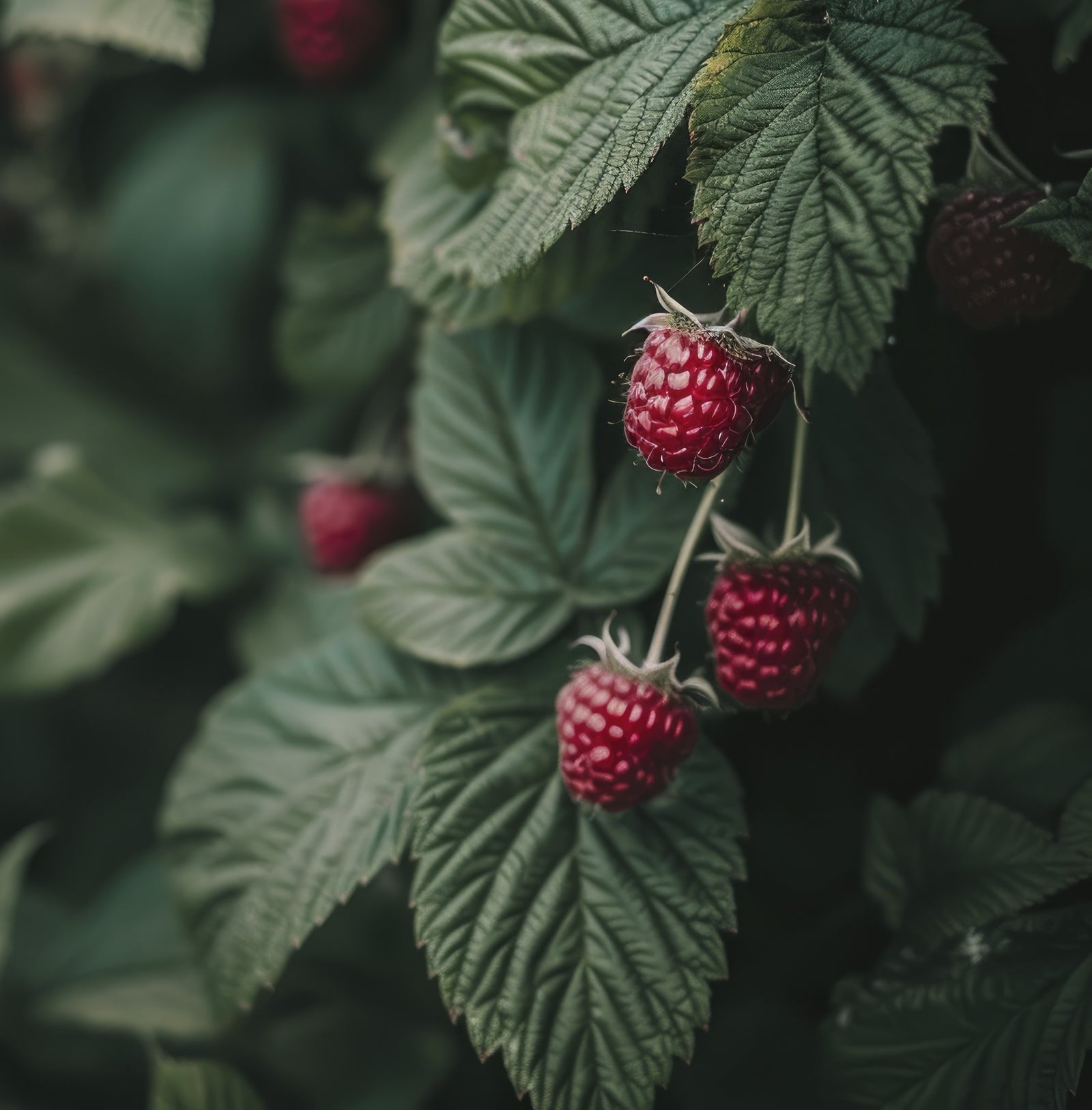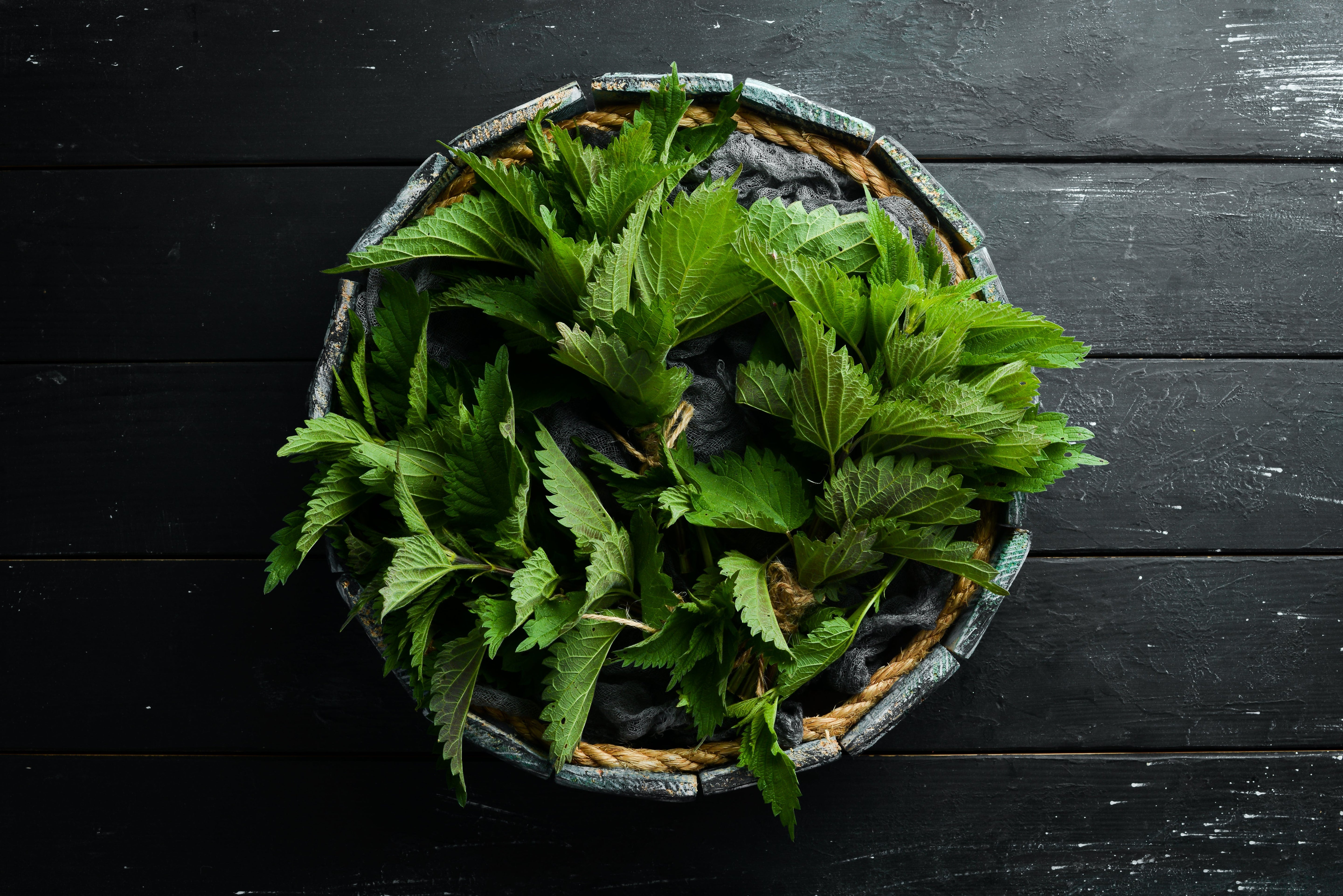Raspberry leaf tea – when is it worth drinking?

Raspberry leaves have antioxidant, anti-inflammatory, antithrombotic and diaphoretic properties, so they are recommended for colds and flu. Raspberry leaf tea supports the body in the fight against dangerous infections and helps reduce high fever. What else does raspberry leaf tea help with?
Raspberry leaves have been used in traditional folk medicine for years as a treatment for many ailments. They are characterized by a high content of vitamin C. They are also a source of B vitamins, vitamin E, calcium, potassium, magnesium, zinc, phosphorus and iron. Raspberry leaves also contain tannins, mucus, resins, polyphenols (flavonoids), organic acids and mineral salts.
Digestive health
Red raspberry leaf tea may help relieve indigestion, diarrhea, and gastrointestinal distress.
Menstrual health
Red raspberry leaves contain tannins that can strengthen uterine muscles, which may help with heavy menstrual flow and abdominal cramps. They may also help with hormonal balance, which can help with PMS-related issues.
Antioxidant properties
Red raspberry leaves contain polyphenols, which act as antioxidants in the body and help protect cells from damage.
Pregnancy, labor and birth assistant
Red raspberry leaves can be used during pregnancy to strengthen the uterus, which may help improve labor outcomes and prevent excessive bleeding after birth. They can be used safely from the first trimester to the third trimester.
Lactation support
Red raspberry leaves may promote lactation and help mothers recover quickly so they can focus on making breast milk.
Raspberry leaves have been used in traditional folk medicine for years as a treatment for many ailments. They are characterized by a high content of vitamin C. They are also a source of B vitamins, vitamin E, calcium, potassium, magnesium, zinc, phosphorus and iron. Raspberry leaves also contain tannins, mucus, resins, polyphenols (flavonoids), organic acids and mineral salts.
Digestive health
Red raspberry leaf tea may help relieve indigestion, diarrhea, and gastrointestinal distress.
Menstrual health
Red raspberry leaves contain tannins that can strengthen uterine muscles, which may help with heavy menstrual flow and abdominal cramps. They may also help with hormonal balance, which can help with PMS-related issues.
Antioxidant properties
Red raspberry leaves contain polyphenols, which act as antioxidants in the body and help protect cells from damage.
Pregnancy, labor and birth assistant
Red raspberry leaves can be used during pregnancy to strengthen the uterus, which may help improve labor outcomes and prevent excessive bleeding after birth. They can be used safely from the first trimester to the third trimester.
Lactation support
Red raspberry leaves may promote lactation and help mothers recover quickly so they can focus on making breast milk.






